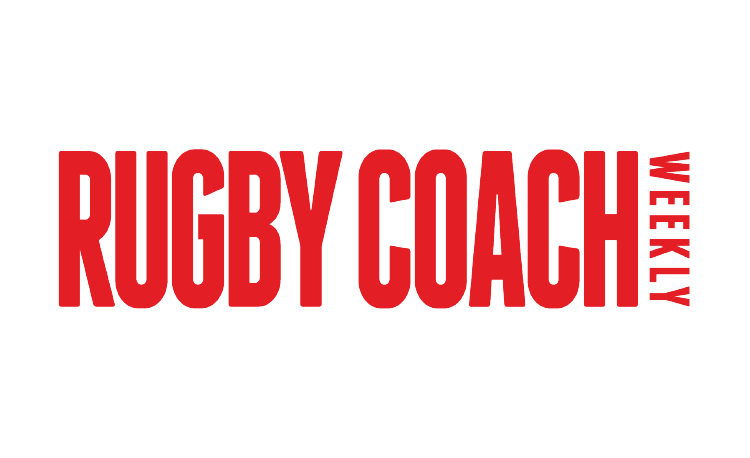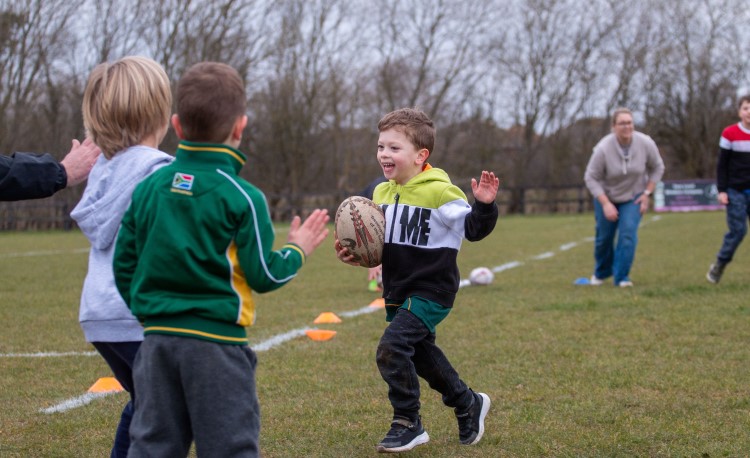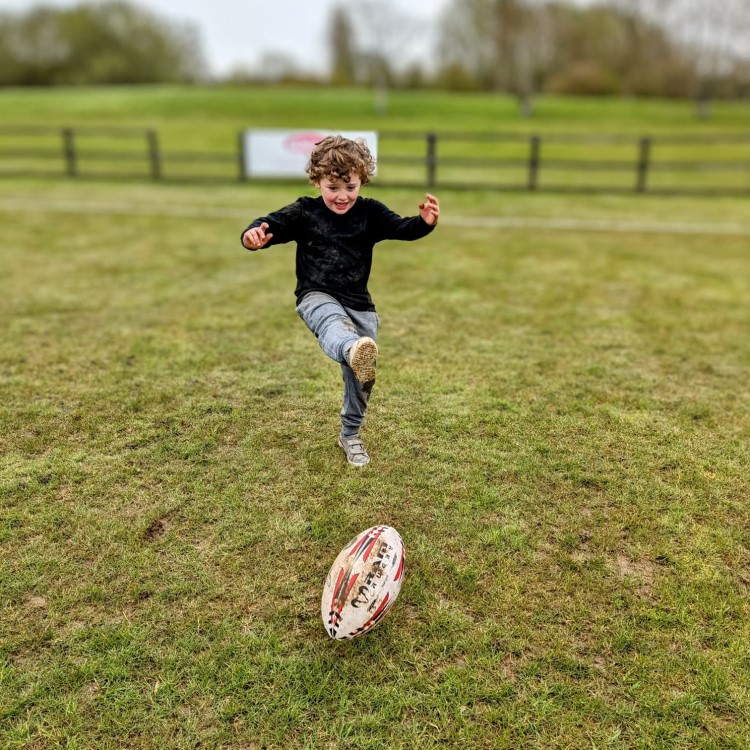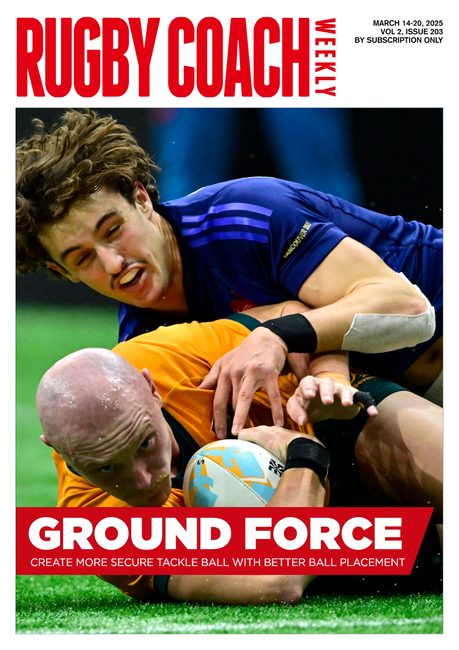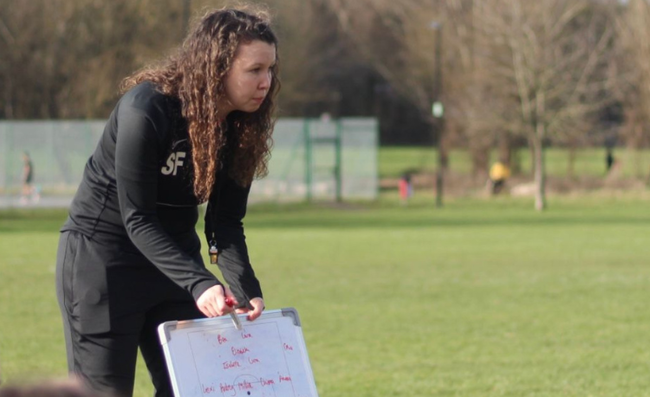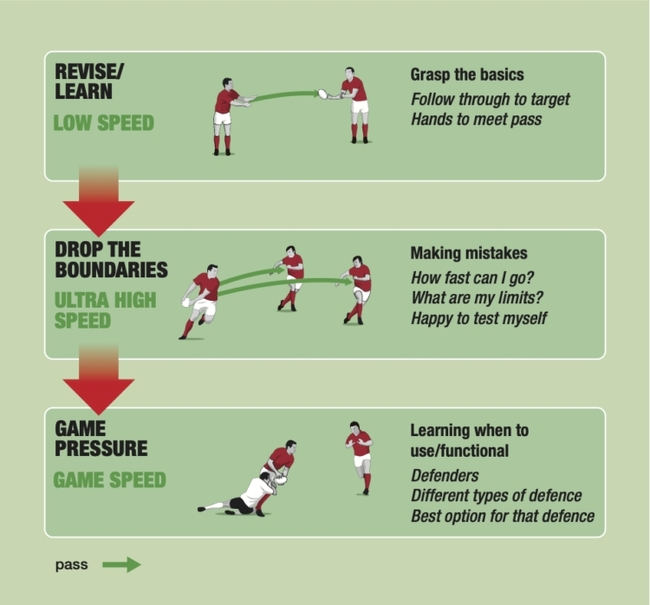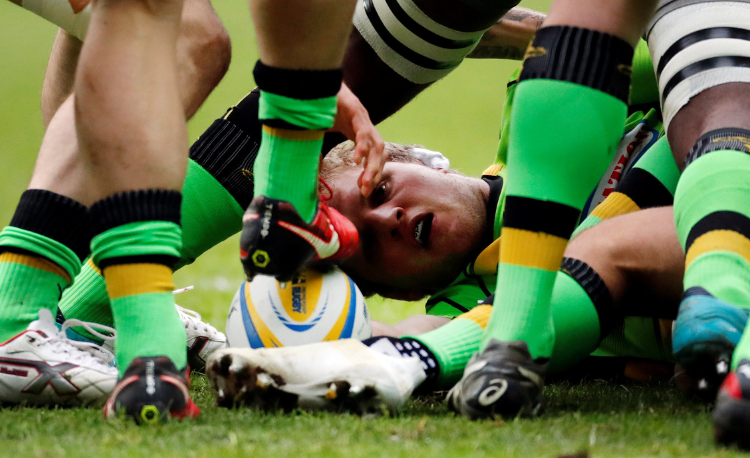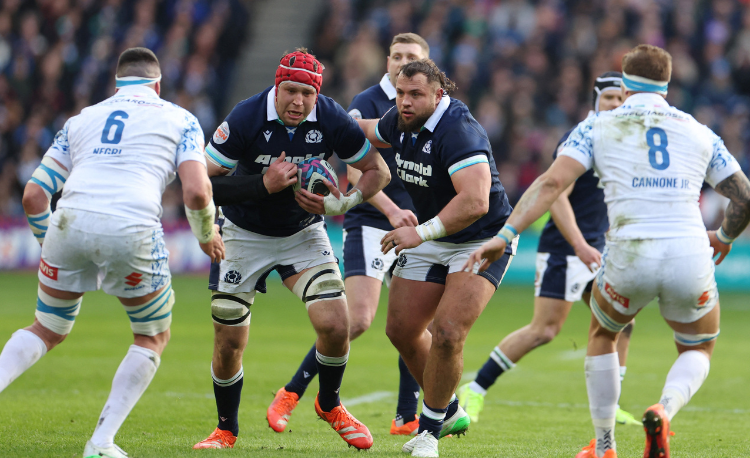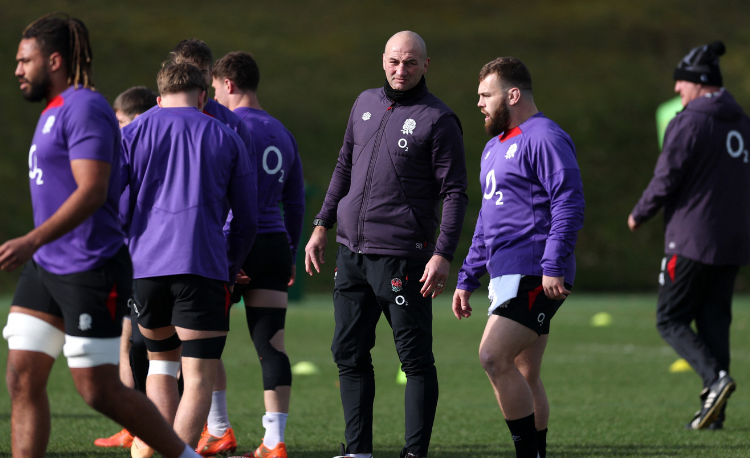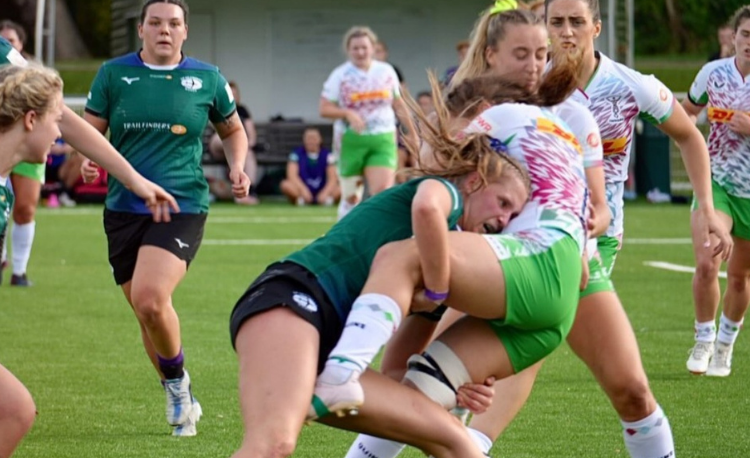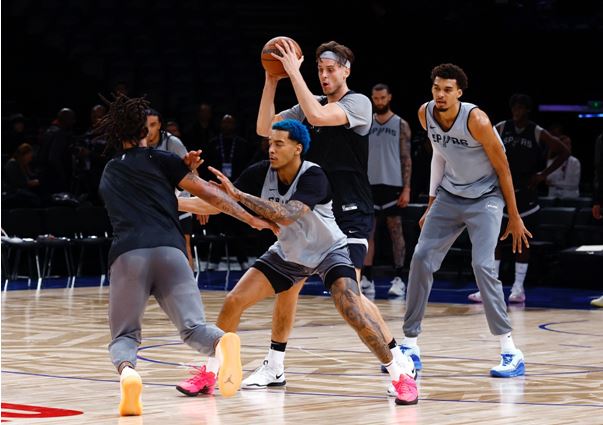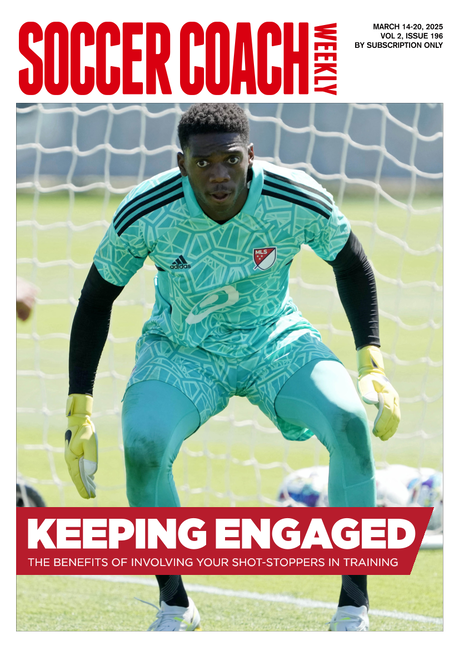Using rugby to help SEND players flourish
Gosford All Blacks have been giving more rugby opportunities to children with special educational needs. DARREN REA gives us an insight into how it happens.
There are 120,000 school-aged children diagnosed with Autism Spectrum Condition (ASC) in England alone - that is one in every 100.
Around 73% of these children, who come into the category of SEND (special educational needs and disabilities), are in mainstream schools.
It is already recognised that, through structured PE lessons and sports clubs, autistic young people are helped to develop physically, emotionally and socially.
PE and sport give strategies to help young people manage their emotions and behaviours.
Physical activity, said Dr John Ratey, M.D., in 2017, optimises learning, helps emotional regulation and is the ‘spark’ for the brain.
It can also inspire young autistic people and their families to raise aspirations and encourage them to adopt an ‘I can’ approach to achieving their goals.
"Noah, 14, inspired us at Gosford All Blacks to offer sessions that would be accessible..."
To help understand misconceptions about these young people taking part in sport, we must, first of all, challenge the cultural and social barriers preventing all people from participating.
We can do this by creating safe, nurturing environments that recognise that it is okay to have a bad day, or fail, as long as we learn from it.
The Gosford All Blacks story
Noah, a 14-year-old player, is autistic and unable to participate in age-grade rugby safely.
However, he attended every weekend to watch the seniors play and always asked when he could join in.
This inspired us at Gosford All Blacks to offer sessions that would be accessible. The process involved strategy, management and governance. The board of directors provided support and information, as did other clubs that offered SEND provision.
Luckily, after conducting a needs assessment, the existing facilities were suitable. We also received support and assistance from Oxfordshire County Council, Cherwell District Council and the Activity Alliance.
It would have been easy to continue as we were, but we decided to take a step forward and offer inclusive sessions.
Parents’ part
Parents’ support is crucial for creating safe and inclusive environments for everyone in sports and physical activities.
While we ensured we had covered all the legal requirements, it was important to communicate with parents for their peace of mind and encourage them to participate in the sessions.
Their feedback is crucial to allow us to not only meet the safety needs of the players but create the sorts of sessions they want to keep coming to.
For many of these players, starting in a new group is extremely daunting. We had to learn how to introduce a player gently to a session.
This might mean the parent is part of the session, too - for example, they can be the ’player’ their child is chasing to capture.
The parents love the fact that their child is physically involved with children of their own age because they are often the odd one out, either because they can’t join in or because they have to be with younger children who also have SEN.
"Parents love the fact their child is physically involved with children of their own age..."
Do our sessions look different?
Our starting sessions look like a busy U6s session, with games like ’rob the nest’ or ’sharks and fishes’.
These games are played in short bursts and we have to be prepared to adapt them.But we want to play something that looks like rugby.
For example, Noah loves kicking. So out come the kicking tees and we can create easy targets for them to hit.
Clearing the bar on a full-sized set of posts is hard. But can you adapt your equipment to lower the posts, like a pole on some tackle tubes, perhaps?
Tackle tubes and pads are also helpful in introducing some form of contact. However, they can’t be held by adults or, indeed, the players. Players can fall on ruck pads or bump over tackle tubes.
Our coaching investment
We haven’t stopped trying to learn. We have found that there are plenty of chances to engage with SENCOs (Special Educational Needs Co-Ordinators) and lots of e-learning opportunities to keep us up-to-date.
You simply can’t start a scheme without this sort of support. However, the rewards are incredible.
The phrase, “I am proud to be part of a team that supports children with SEN”, comes back to us, week-in, week-out.
If you want to find out more about our journey, please drop me a line by email.
Related Files
Newsletter Sign Up
Coaches Testimonials

Gerald Kearney, Downtown Las Vegas Soccer Club

Paul Butler, Florida, USA

Rick Shields, Springboro, USA

Tony Green, Pierrefonds Titans, Quebec, Canada
Subscribe Today
Be a more effective, more successful rugby coach
In a recent survey 89% of subscribers said Rugby Coach Weekly makes them more confident, 91% said Rugby Coach Weekly makes them a more effective coach and 93% said Rugby Coach Weekly makes them more inspired.
Get Weekly Inspiration
All the latest techniques and approaches
Rugby Coach Weekly offers proven and easy to use rugby drills, coaching sessions, practice plans, small-sided games, warm-ups, training tips and advice.
We've been at the cutting edge of rugby coaching since we launched in 2005, creating resources for the grassroots youth coach, following best practice from around the world and insights from the professional game.
